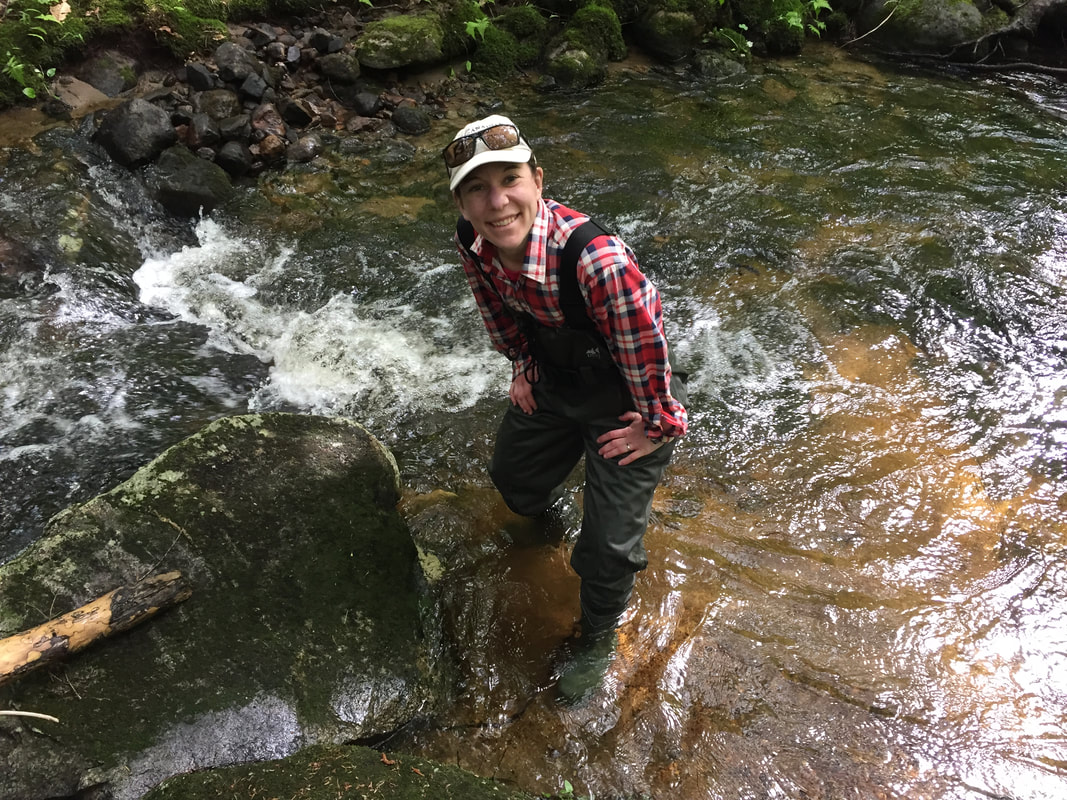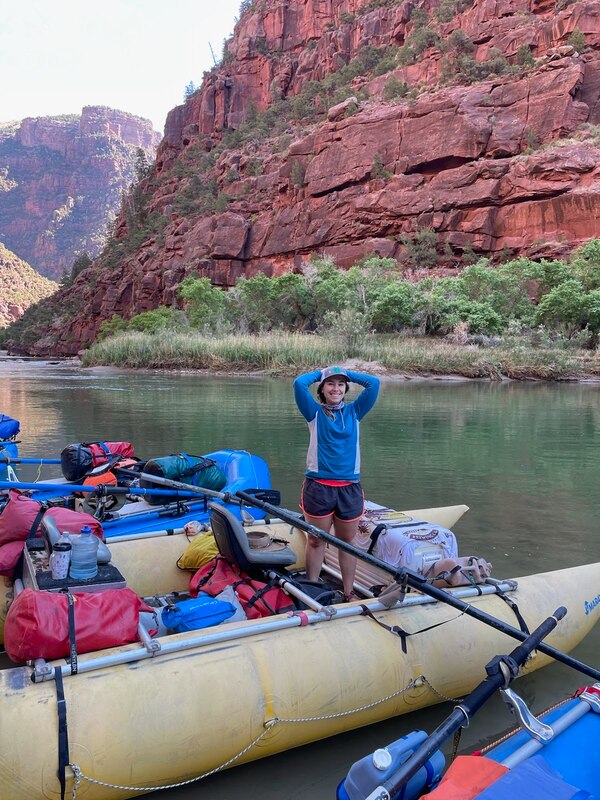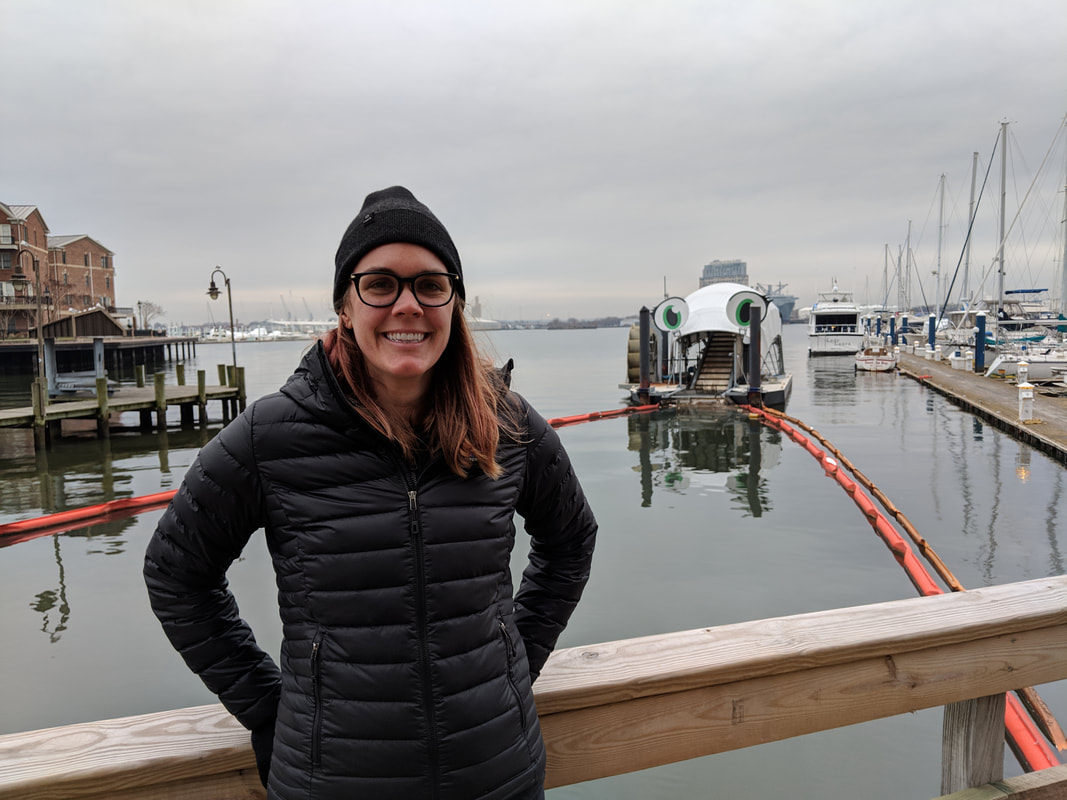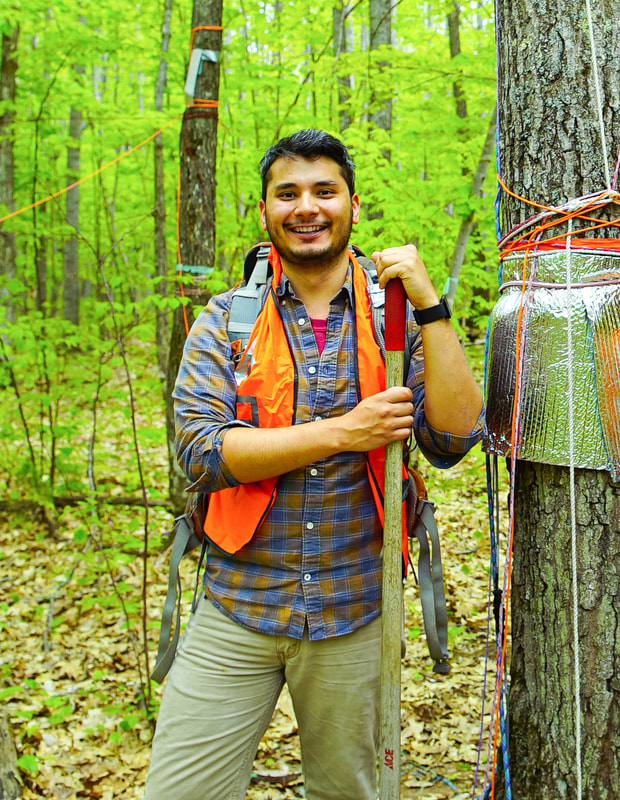Ecohydrology looks at the interaction between hydrology and ecosystems. From there, I tend to classify things into “aquatic ecohydrology” and “terrestrial ecohydrology” depending on the main ecosystem of interest. It is my coarse way to look at things but one that I have found useful to navigate such a broad field.
What are your undergraduate and graduate degrees in?
I completed all my degrees in my home province of Quebec (Canada), making my way to a new town at each step. I did my undergraduate in geomatics at the Université de Sherbrooke, a program that mixed geography, ecology and computer sciences. I did my MSc in integrated water resources management (IWRM) at McGill University. It was a non-thesis program. Research was not really on my radar yet and my interest was at the science-policy interface at that time. After my masters, I worked two years for the Canadian federal government. I worked at Environment Canada on indicators tracking the status of the environment. There, I worked with brilliant people that sparked my interest into research. I left the federal government to do my PhD in water sciences at the Institut national de la recherche scientifique (INRS) where my thesis was on the impact of dams on stream water temperature. Finally, I did my postdoc at Université Laval where I worked with the maximum entropy production model to improve the simulation of evapotranspiration in hydrological models.
How did you arrive at working in/thinking about ecohydrology?
My PhD thesis focused on stream water temperature and interest in this variable is typically from a fish habitat perspective. As a result, I interacted a lot with stream ecologists, from the Canadian Rivers Institute or from the defunct HydroNet network. For a semester during my PhD, I also visited N. LeRoy Poff’s stream ecology lab at Colorado State University where I worked on classifying the thermal regime of streams in the USA. These experiences made it so that, while I approach things from a hydrologist perspective, making links to ecology comes naturally. In fact, I believe a comprehensive approach bringing together various disciplines is essential to understand the complex functioning of natural systems.
What do you see as an important emerging area of ecohydrology?
An increase in extreme events is projected with climate change and a lot of work has been done to dress a portrait as to what to expect. I believe the next step is to propose ways to better manage and withstand these extremes. There is a lot of interest in what has been coined “nature-based solutions.” To make that work, I believe we need to better understand and model the role of vegetation in mediating hydrological extremes, either droughts or floods.
Do you have a favorite ecohydrology paper? Describe/explain.
One of my favorite papers is Changing forest water yields in response to climate warming: results from long-term experimental watershed sites across North America published in Global Change Biology by Irena F. Creed et al. This paper brings together a lot of my favorite things in science: long-term monitoring, a team effort to synthesize multiple datasets and elegant ties to theory. This paper was the first one I read that brought the concept of resilience to hydrology. A key result is that the type of forest vegetation, more particularly vegetation diversity, influenced the resilience of catchments to climate change. This paper made me realize how rare it is to make a connection between hydrology and biodiversity in the literature, which I think is a path that should be pursued more.
What do you do for fun (apart from ecohydrology)?
I always enjoyed traveling, something I enjoy even more now that I get to show the world to my two young kids. With COVID, I spent a lot of time at home and gardening is my newfound interest. I also very much enjoy reading science fiction books.




 RSS Feed
RSS Feed